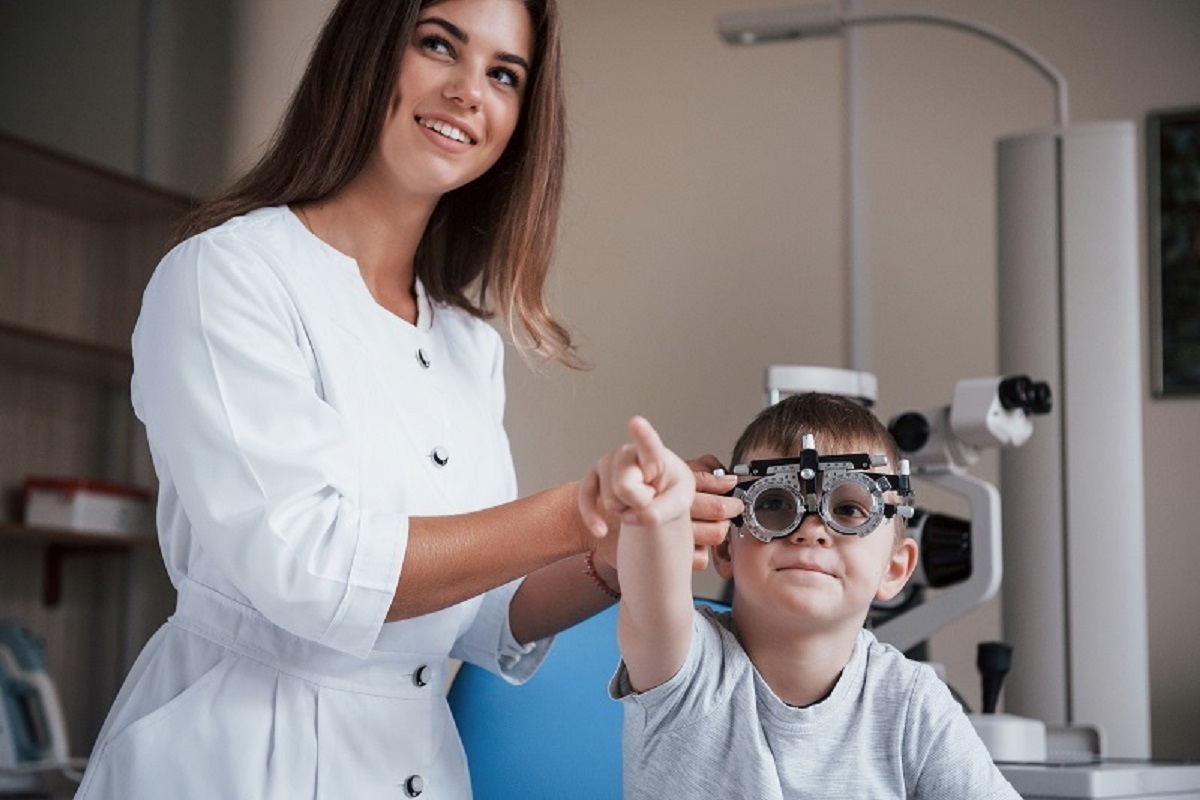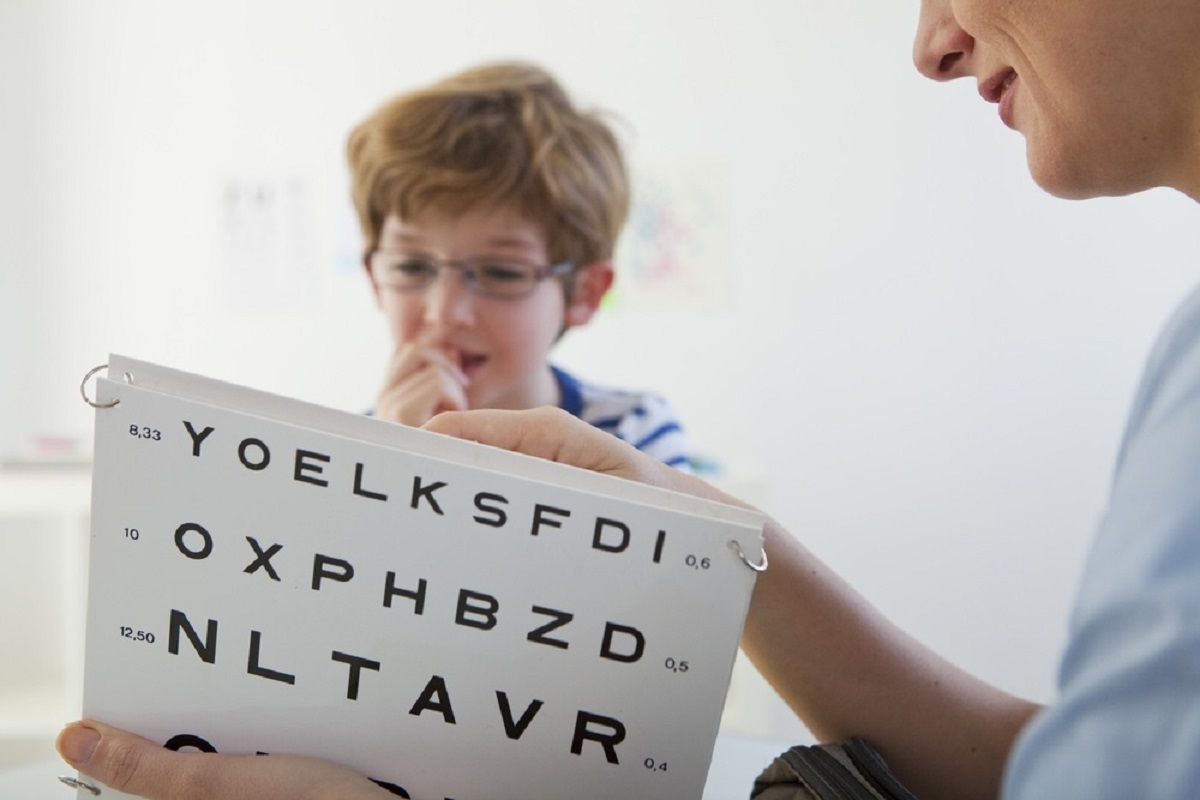Table of Contents
Eyes – the main organ for seeing the beautiful world. 2020, an annual year where the global pandemic started. The COVID19 disease has spread in such a way that people nearly forgot about other health-related issues. By 2050 nearly half of the population will be wearing glasses or contact lenses. Nearly 54 per cent of people have a long-term poor eye health condition. So before choosing the lenses we need to know about their types and follow up certain step-by-step processes to get the right one for correction.
What Is Vision Correcting Contact Lenses And Their Different Types?

The vision-correcting lens is a type of covering that is worn in front of the natural eye lens to correct daily vision. It is also referred to as a treatment or correction of:
- Myopia: Someone who is suffering from Near-sightedness.
- Hyperopia: Those who have Farsightedness.
- Astigmatism: People who cannot see objects clearly or have Blurred vision.
- Presbyopia: This type mainly occurs due to Age-related loss of close-up vision.
There are different types which people choose according to their needs.
Some Of The Most Prescribed Ones Are As Follows:
Soft Lenses: soft lenses are comfortable lens that gets easier to wear in any environment. It has two main variants which most people chose for their everyday use. They are Daily worn lenses and overnight or extended wear lens and should be removed at night to avoid infection.
Rigid Gas Permeable Lenses: These lenses are similar to the soft vision-correction lens. Sometimes daily wearable one’s result in dry eye issues. They have few mentionable benefits such as breathable than daily worn, which allows more oxygen to the cornea. The lenses must be removed for disinfecting. But it can be worn for a week or even 30 days maximum.
Specialized Lenses: The word specialization means customization according to one’s needs. These are of different types of Hybrid, Multifocal, Tinted, Scleral, Orthokeratology, etc. They can correct near-sightedness, farsightedness, astigmatism and age-related loss of close-up vision, keratoconus, and also colour perceptions. Specialized lenses are put by surgical and operational methods.
Steps To Follow Before We Get Lenses For Vision Rectification

Glasses seem boring sometimes, isn’t it? Nowadays, there is a budding rise of contact lenses for eye correction. But there is big but. We can only proceed when doctors prescribe or suggest wearing different eye-correcting alternatives. Well, now closely go through the tips and tricks of choosing correct lenses for our eyes:
Testing: The eye examination test is the most crucial part. It should be done every year without fail. A little misbalance in the power of the lens may impact our eyes badly. The doctor will be able to point out any change in power with frequent visits.
Prescription: A normal prescription should have information about your name, name of the prescriber, date of your eye exam, power of the vision correction (expressed in numbers preceded by a plus or minus signs), curvature, diameter, and brand name of the lenses that the doctor or expert has suggested. This will help you keep a record of your treatment. Also buying lenses from a different place is possible using this.
Stick To One Brand: Follow up or stick to the brands that the doctors are suggesting. Continuous changing and substitution may not suit well and cause infection. There could be a case where the power of the eye worsens, and you don’t want it. Hence be loyal to what you use regularly.
Check Eye Care Supplies: Before opting for an eye care lens, check whether the supplier has the specific type of lens you need. Delaying wearable means running out of safe and secure contact lenses.
Do Not Do An Online Eye Test: Accurate results can be obtained only by manual methods. Online eye testing cannot fully diagnose the occurrence of eye disease. Thus, doing an online eye test will result in a misfit of the lens.
Our eyes need a lot of care. Infections and other diseases may likely occur if not treated at the right time. A person having Myopia not wearing glasses or lenses might face more problems in the near future. Contact lenses are the alternatives for glasses. In terms of goal or in terms of having the right perspective our vision must be clear in everything. So, healthy eyes ensure good health and fitness.



